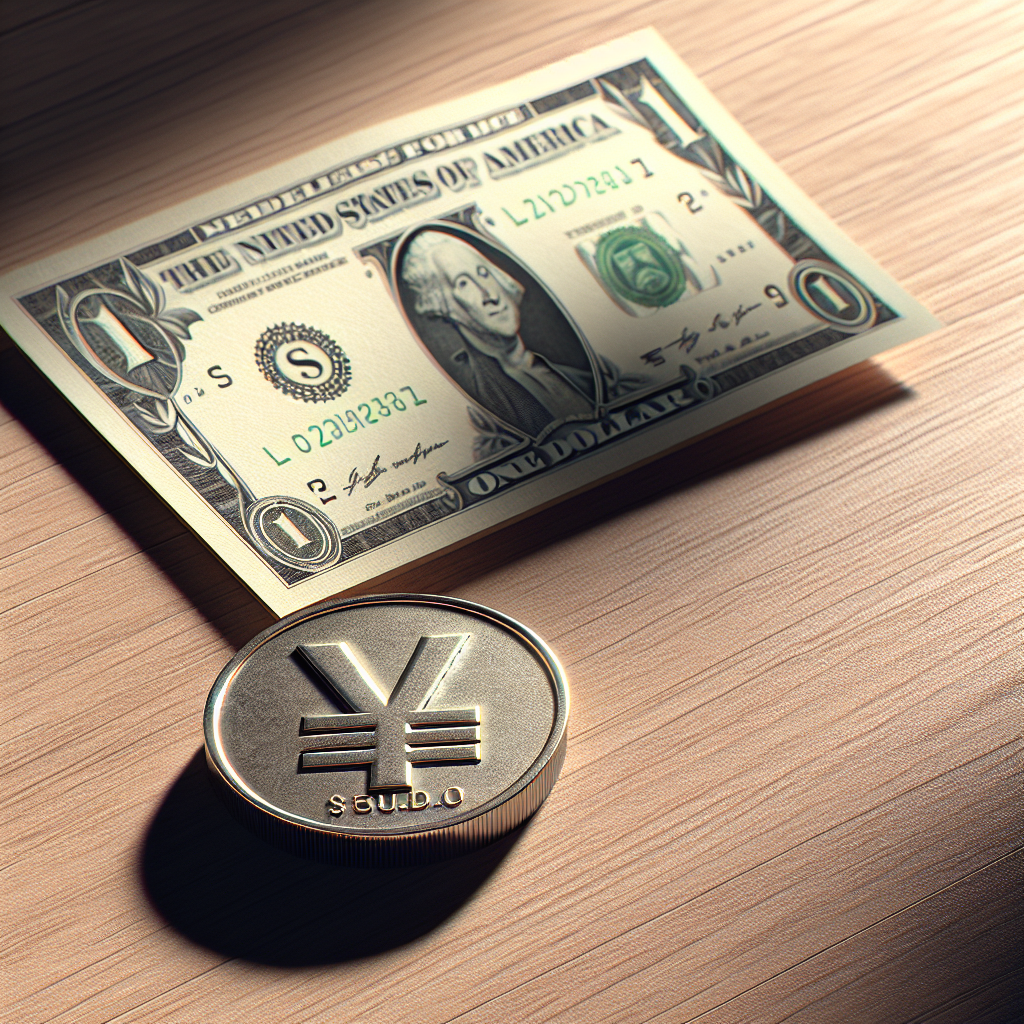Currency Reforms Shake Buenos Aires: From Black Markets to Economic Revival
Argentine President Javier Milei's economic reforms, including lifting currency controls, have disrupted Buenos Aires' black markets while bringing ease to official currency exchange. The reforms are part of a larger effort to revive the economy and attract foreign investors, though challenges remain for tourists and informal workers.

In downtown Buenos Aires, illegal money traders are struggling under the economic reforms introduced by Argentine President Javier Milei. Recent changes have dismantled long-standing currency controls, making it easier for citizens to access official currency markets—a move applauded by locals and companies, but lamented by 'arbolitos,' local street traders.
As part of comprehensive economic reforms since late 2023, ending currency controls aims to address Argentina's ongoing economic crisis. This strategy is expected to benefit trade by removing discrepancies between official and black market exchange rates, thus boosting investor confidence. Economist Ariel Coremberg asserts that the move will elevate taxable flows as citizens increasingly utilize the official market.
The government's broader economic strategy helped secure a $20 billion deal with the International Monetary Fund. While welcomed by investors, challenges persist due to Argentina's rising costs deterring regional tourists and lingering demand for black market trades from the expansive informal workforce. Amid these shifts, everyday Argentines continue to grapple with financial instability, exacerbated by escalating living costs.
(With inputs from agencies.)
ALSO READ
Kerala Secures Argentina's Football Visit Amid Sponsorship Hurdles
Flooding Disrupts Key Agricultural Hub in Argentina
Argentina's Friendly Visit to Kerala: No Backtracking
Libertarians Rock Argentina: Milei's Party Triumphs in Buenos Aires
Milei's Libertarians Shake Argentina's Political Landscape: A Pivotal Victory










